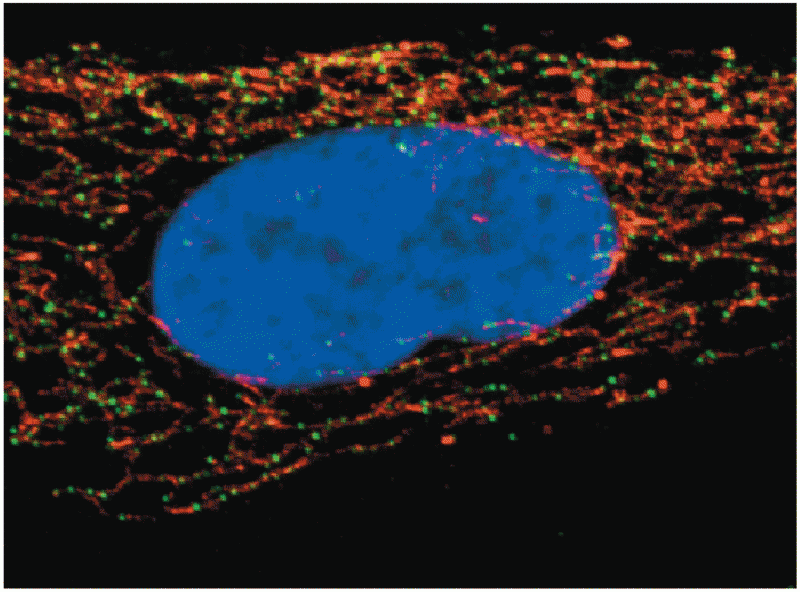|
|
|
Nearly 31 million adults in America have a total cholesterol level that is more than 240 mg per dL.
Though newer “smart” infusion pumps are increasingly becoming more sophisticated, they cannot prevent all programming and administration errors. Health care professionals that use smart infusion pumps must still practice the rights of medication administration and have other professionals double-check all high-risk infusions.
Human stomach acid is strong enough to dissolve small pieces of metal such as razor blades or staples.
Bacteria have been found alive in a lake buried one half mile under ice in Antarctica.
The largest baby ever born weighed more than 23 pounds but died just 11 hours after his birth in 1879. The largest surviving baby was born in October 2009 in Sumatra, Indonesia, and weighed an astounding 19.2 pounds at birth.







